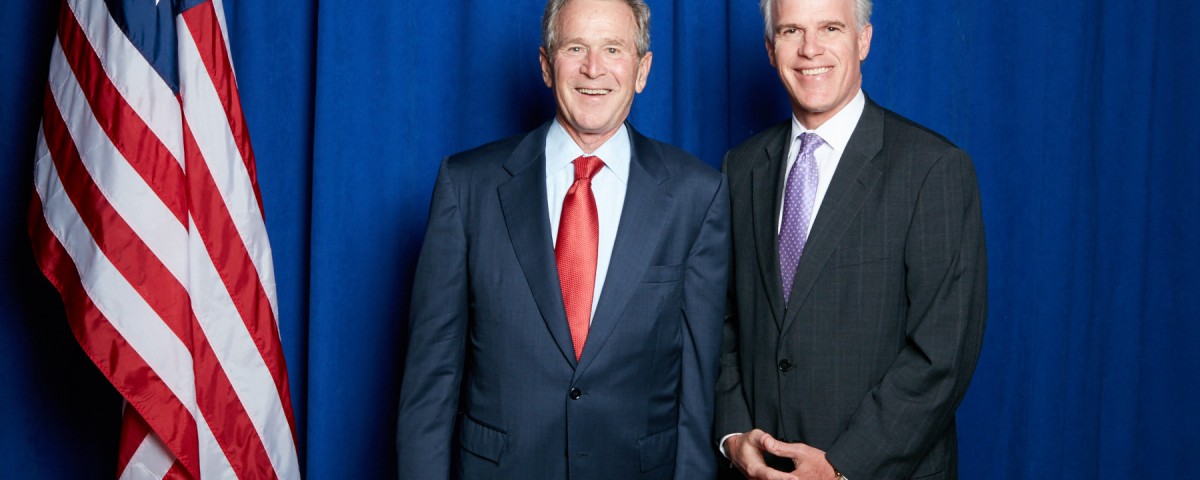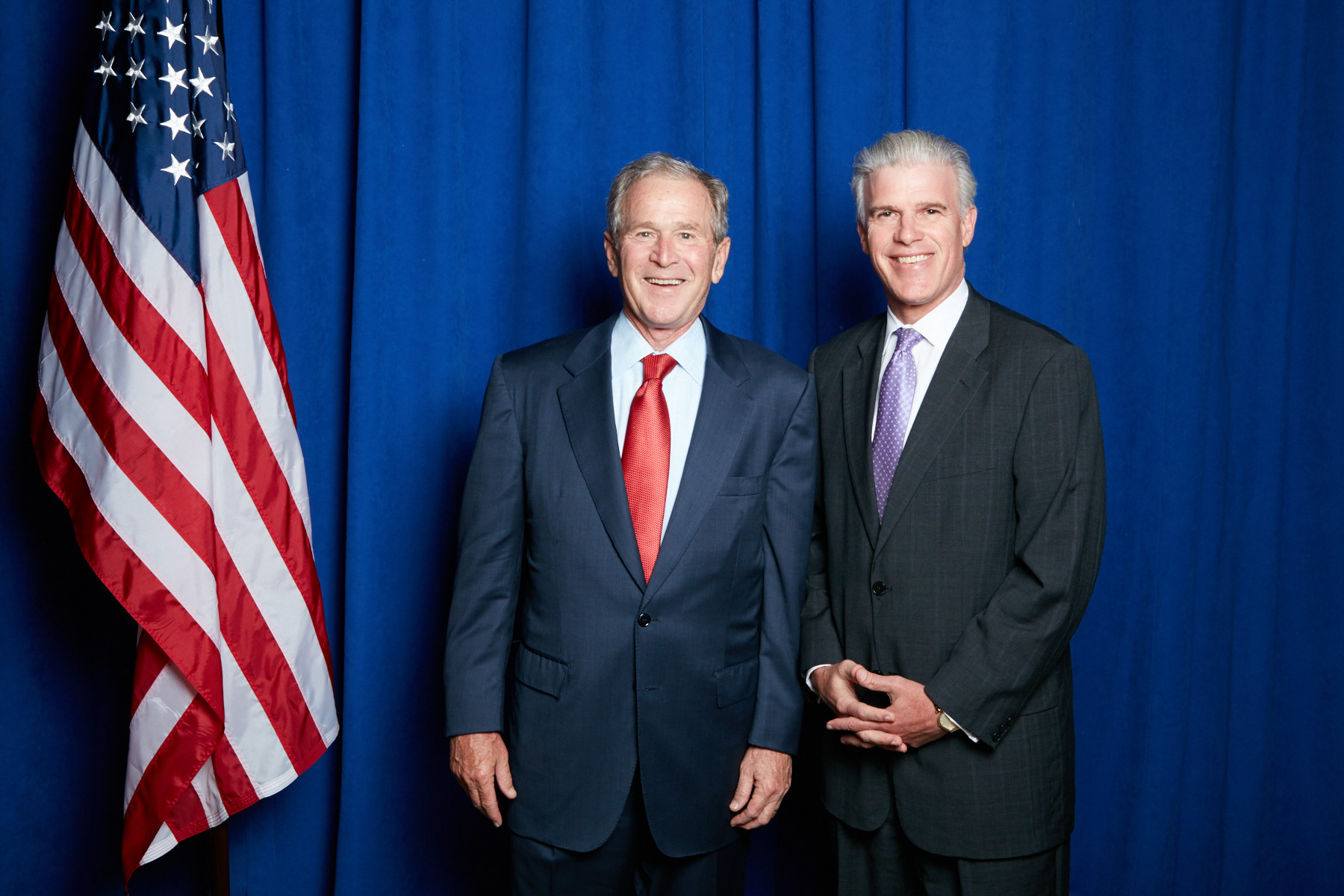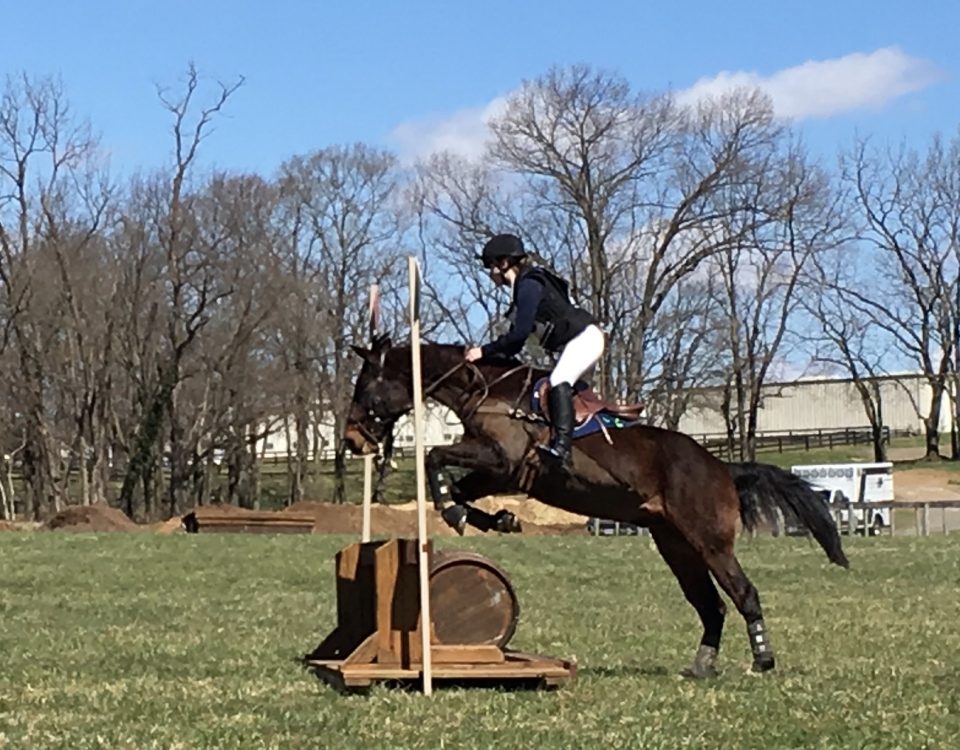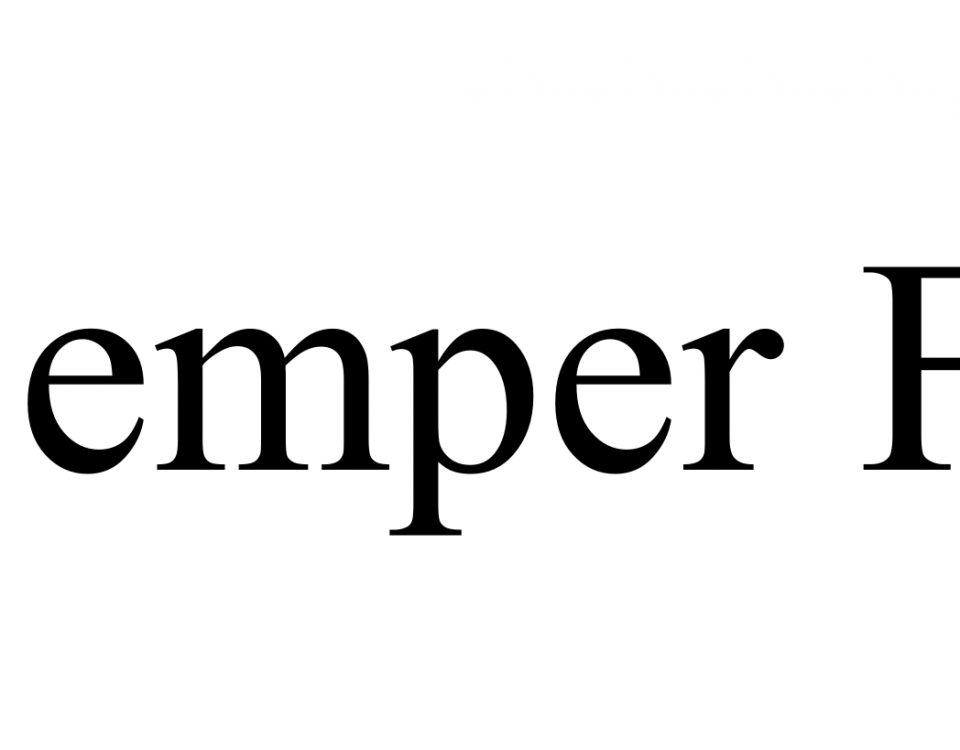Positive Reinforcement “The Pot Calls the Marijuana Dope”
Basketball coach: “Billy- you’re in for Stevie. Top of the 1-3-1 zone defense. Two minutes max then back out. I need you to be all asshole and elbows. Two minutes. Whatever kid has the ball? That kid’s got YOUR ball. Got it? Can you make this a track meet?”
Billy to coach, eyes wide and grinning, head pistoning up and down: “He’s got my ball coach”
Two minutes of playing time later……during a stoppage in play…..Billy subs back out.
Coach: “Dude!!. I’m proud of you Billy?!!!! Love the intensity. Now get a drink and a quick rest. I mean QUICK. We need that energy again.”
Visual- Billy’s cheeks are bright red, he is puffing for air, and he feels like a contributor. He’d just torn around that court like the proverbial Tasmanian devil.
All my life I’ve believed in the power of positive reinforcement bigtime, and yet all my life I’ve underestimated it. Every time I see it in action its impact impresses me more.
I’ve never used it enough. And I use it often.
In the basketball circumstance above, this coach did so much right. Most of all, what he did was put Billy in a positon to contribute and he recognized that contribution.
From this anecdote, we’ve no idea if Billy can shoot well, pass effectively, or rebound powerfully. No idea. Billy might be quite skilled, or he might merely be a symbol of noble effort. Perhaps he’ll have few opportunities in life to play basketball and contribute to a team effort.
Billy will remember that coach’s name 25 years later.
Billy’s coach exhibited a belief in Billy.
“The one thing you did is you always believed in me. You always told me, ‘I believe in you, son. You’re going to make shots, you’re going to do fine, you’re going to be a great player.’ You just believed in me and … I can’t thank you enough for that, because that allowed me to become a confident person myself, and helped me grow as a person.”
That is what a North Carolina player, Marcus Paige, said about his coach Roy Williams this past weekend on Senior Night. Paige has had an enormously disappointing year in terms of performance, but his coach continued to believe in him. What a difference it made to Marcus.
Life is not basketball; the workplace is not a basketball arena. Yet the same dynamics that unify a team, the shared goals and the shared experiences, should be brought to bear in the workplace.
Great people should be told they’re great all the time and for specific reasons. That keeps people motivated. It maintains a team. It keeps your team from looking for another team!
Specificity is the secret sauce of praise. What exactly was done well? Was it the tone of voice with a difficult client? The gestures with a demanding colleague? The perfect terminology used in a stressful setting? The preparation prior to an important presentation?
Don’t just say it was good. Say why it was good. What made you sit up and take notice?
BTW- this translates so well to home. If I tell my wife I love the way she tilts her head when she laughs, do you think that makes her happy? My woman kind of likes that. I love to hear her laugh.
Recognize exceptional performance as often as possible. Do it in public. Do it in front of others from whom you’d appreciate the same behaviors.
If someone is an underperformer in a global sense, don’t let that keep you from recognizing where they ARE good. If the individual is miscast in the role, you have to fix that, but concurrently ensure you don’t keep from positive reinforcement because of other weaknesses. Too many bosses let the weaknesses preclude recognizing where contributions ARE made.
We need more basketball in this blog, so consider Dennis Rodman. For those not in the know, he was a terrific rebounder and defender. Among the best of all time.
On the other hand, your average Labrador Retriever could shoot as well as Dennis.
I don’t suspect his coaches spent much time trying to improve his shot. What they did was put Dennis in positions to rebound and defend. He rarely got the ball and if he did it was typically via a rebound. He then passed it back to a teammate more likely to be successful with the ball in his hands.
Square pegs don’t fit in round holes. Don’t blame the square peg. Don’t blame the round hole. Get the right peg for the right hole.
If there is the slightest opportunity to believe in someone, do it. Believe in them. Tell them.
Tell them they can do it. Help where you can. Some might fail. Most will not. They really won’t. Not too many people are apathetic about their own success. Rare is the person without a desire to be recognized for a skill. For an achievement.
I think of a comment a recent colleague made to me. He asked me if I remembered all my coaches.
Then he asked me if I remembered all my teachers.
We remember the coaches.
As I’ve written in previous articles, and I feel compelled to stress, positive reinforcement must not be applied for mediocrity. That is not the point and indeed that dumbs down the entire concept of setting high standards.
All my life I’ve believed in the power of positive reinforcement bigtime, and yet all my life I’ve underestimated it.
(if you want someone to remember something, tell them twice. If you want someone to remember something, tell them twice)
The title of the blog and its relationship to this subject? Next week.






